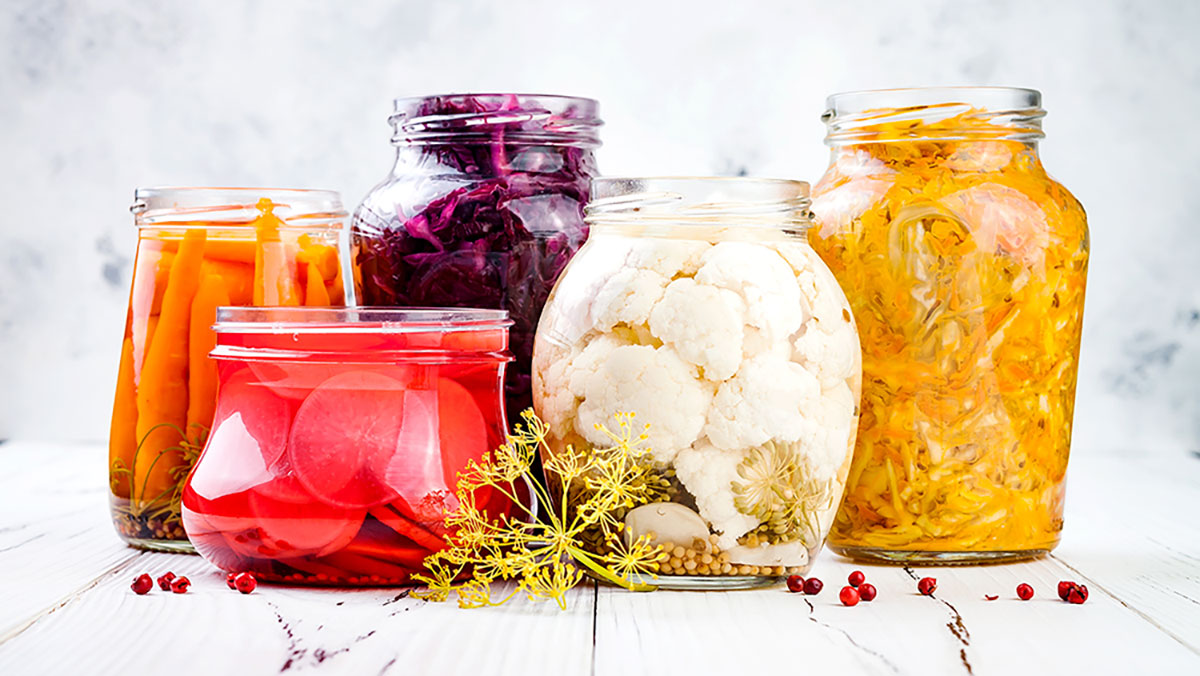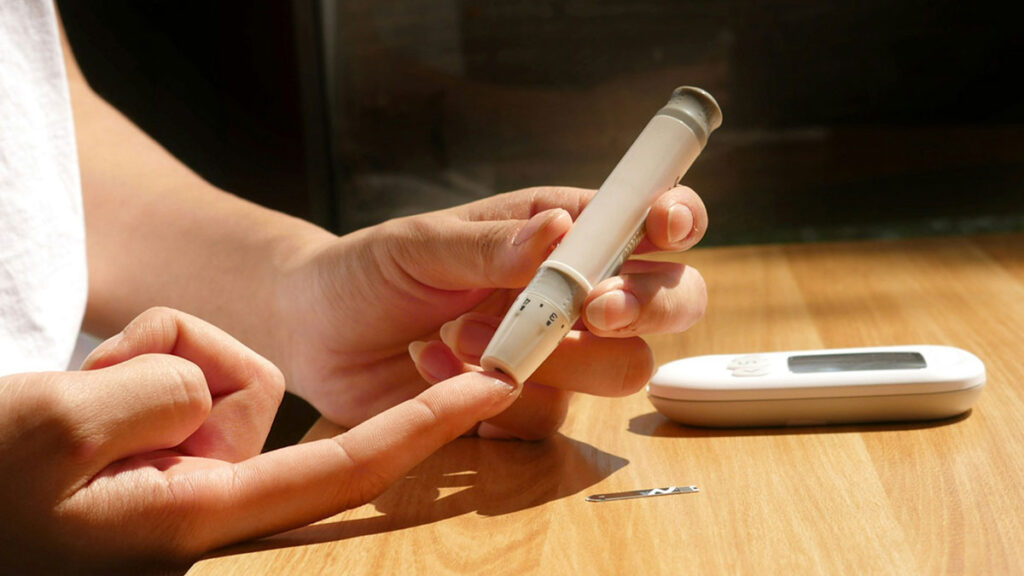For centuries it was believed that bugs were bad and ridding your body of all bacteria was best to improve your health. Wrong! While some bacteria is harmful, we now know that the trillions of bacteria that live in your body actually perform important functions that help keep you healthy.
What is gut flora?
It’s a colony of microorganisms in the gut and in medical terms is called the gut microbiome. It is a delicately balanced system that includes trillions of bacteria, fungi and viruses that help the body produce vitamins and amino acids.
How can my gut impact my health?
An imbalance in your gut can lead to toxic by-products and inflammation. Research has shown this can contribute to problems such as obesity, diabetes, heart disease, skin diseases and depression. However, nurturing your gut bacteria can also improve absorption of nutrients, boost immunity, help regulate digestion and improve your mood.
Can foods help restore my gut health?
Absolutely! You can change your gut bacteria almost immediately with your food choices. Research shows dramatic changes can occur just days after adopting a new diet.
What about a FODMAP diet for gut health? Or going gluten-free?
FODMAPs (Fermentable Oligo-, Di-, Mono-saccharides and Polyols) are a group of carbohydrates which have been associated with digestive issues in some people. People diagnosed with Irritable Bowel Syndrome may be prescribed a diet that avoids FODMAPs to help manage this. Unless you have been medically diagnosed, there is no need to avoid FODMAPs. Similarly, unless you have a medical diagnosis of coeliac disease or gluten intolerance, there is no reason to avoid gluten.
If in doubt, always speak to your health care professional or a dietitian to get advice tailored to your needs.
Foods to improve your gut health
Fill up on fibre. Fibre is what experts call a prebiotic, which helps to feed the good bacteria already in your gut. By adding 21g fibre/day to their diets, people in a trial at the University of Illinois changed their balance of bacteroidetes and firmicutes in just three weeks.
Whole plant foods. Include as many plant-based whole foods as possible. Healthy gut bacteria love fructans, which you can find in bananas, onions, garlic, leeks, asparagus, Jerusalem artichokes, chicory root, soybeans, and wholegrain foods like rye and barley.
Resistant starch. We need to eat a wide variety of fibre in our diets, especially fermentable fibres such as resistant starch. Legumes, cooked and cooled potatoes, whole grains, firm bananas and cooked and cooled rice all contain good levels of resistant starch, which also acts as a prebiotic to feed good gut bacteria.







